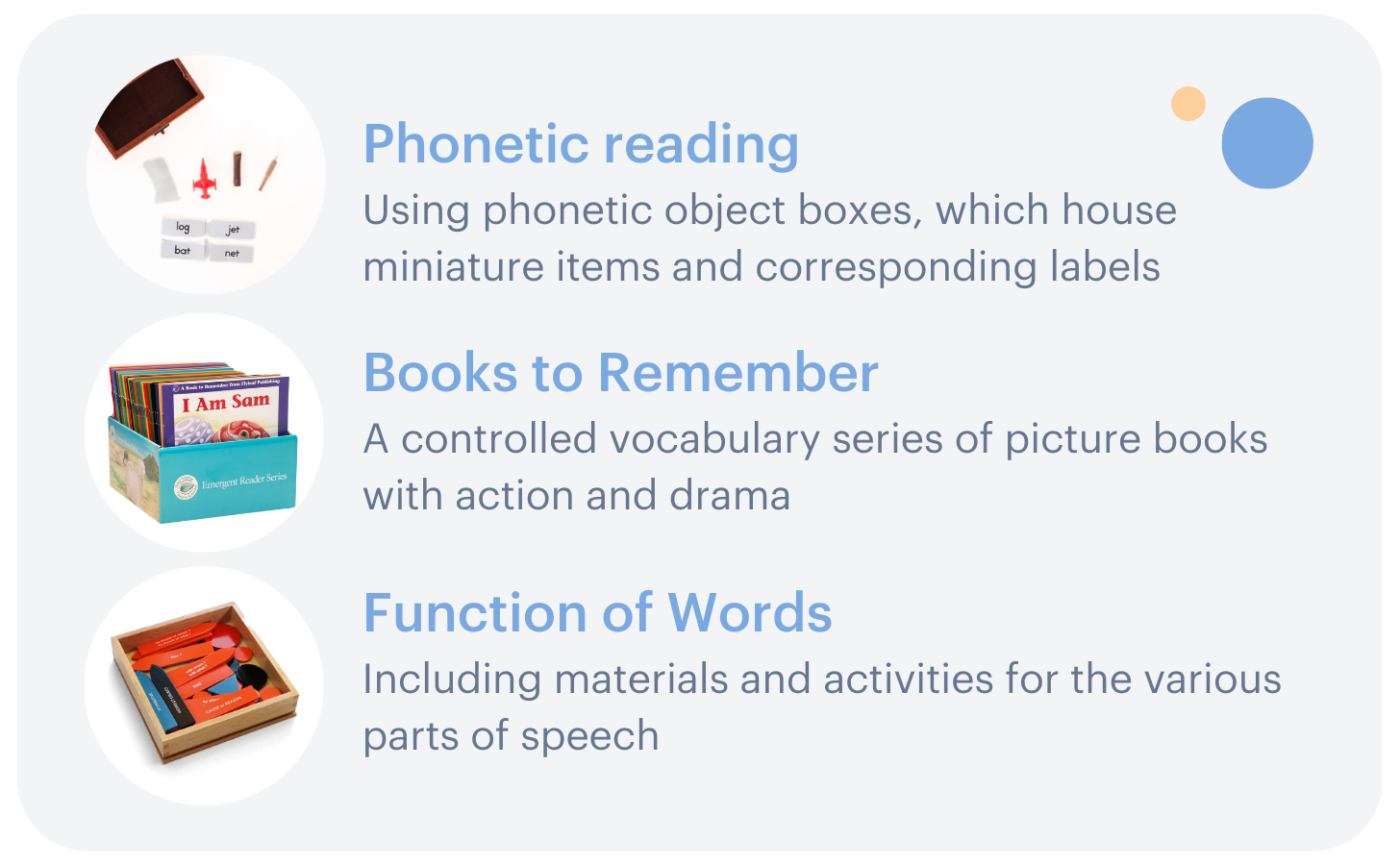Poke your nose into any living room, waiting room, or hallway and you’ll be hard-pressed to find anyone doing anything other than scrolling.
It’s an epidemic of incessant distraction — we’ve all become hardwired to pick up our phones whenever we have downtime.
But what if we reached for a book instead?
As far back as the Akkadian Empire, humankind has been enraptured by the written word.
Novels, epic poems, in-depth research papers, biographical texts — each of these has a place in the broader historical and transcendental experience of reading.
But unlike scrolling through social media, flipping pages encourages us to slow down and read more deeply, enhancing our comprehension.
Yet we all know children (and adults) who just “aren’t big readers.”
Why is that? Is being a bookworm just a personality quirk?
Or can we teach our children to love books?
Why do some kids hate to read?
If a child hates reading, it’s not their fault. It’s a reflection of their education.
And we’re not talking about the debate over phonics vs. whole word. We’re talking about timing.
We’re teaching children how to read too late.
According to Italian physician and educator Maria Montessori, kids are most interested in language from infancy to age six.
In other words, waiting until kindergarten or first grade to teach children to read does them a huge disservice.
“When you start that late, you almost always have to use some kind of drill-and-kill method,” says Samantha Westmoreland, writer at Guidepost Montessori. “Kids find that really grating and boring.”
The answer: start preparing a child to read before they start school.
How? With exciting learning tools and games that help the child to joyfully build the foundation of literacy over time.
When you start early, the child experiences what Montessori dubbed an “explosion of literacy.”
By kindergarten, this child isn’t learning to read — they’re reading independently, composing their own sentences, and studying advanced grammar and vocabulary that their peers won’t see until third grade.
For this child, reading has felt (and always will feel) joyful.
How to raise kids who are insatiable readers

Children are hardwired to lay the foundations of their literacy, starting at age two.
Of course, that doesn’t mean we should hand our toddlers the works of Rousseau and Shakespeare and hope for the best.
We should begin instead with games and learning tools that instill phonemic awareness and build the fine motor skills necessary for writing in a way that is designed for early learners.
You’ll know your child is ready to move forward with their literacy when they can use the moveable alphabet to “build” short sentences.
At that point (usually around four years old), we introduce more advanced phonetic learning tools — including handing our children books.
But we’re not talking about boring early readers with no action. At this point, kids can handle a controlled vocabulary series with adventure and drama.
Which is where collections like Books to Remember come in. As the series progresses, kids take pride in each new story they can read for themselves.
The Montessori approach to literacy is hands-on and deeply interesting to young children — because kids naturally crave learning about language.
But what about older kids, who already know how to read? Is it too late to help them love reading, too?
Helping older kids start a reading habit
If we want our kids to read, they need to see us reading, too.
When we reach for books instead of the TV remote, we demonstrate a powerful choice that they can make, too.
Equally important is preparing an environment that encourages reading.
You can do this by:
Filling a bookshelf with stories that appeal to your kid (based on their age and interests)
Creating a quiet space that encourages focus (like a comfy chair near a lamp)
Reading together as a family (particularly books that were assigned in school to make the experience more enjoyable)
Cheering them on (even if they’re reading the same book over and over)

And if you want your teen to fall in love with reading, hand them their phone.
Yes, we’re being serious.
A recent study found that 59% of 16-25-year-olds are passionate about literature thanks to book influencers on TikTok.

In other words, reading is cool again — and teens are sharing their love of reading on social media.
The most important thing to remember is that forcing your kids to read won’t inspire a lifelong reading habit — but giving them agency to explore their interests through books will.
And once our kids have unearthed their inner bibliophile, we can begin recommending other books they might enjoy — including the literature we want them to read.
When you meet your kids where they’re at, it’s never too late to help them fall in love with reading.













I disagree. We raise strong readers by reading to and around our children and letting them take over WHEN THEY ARE READY. My 18 year old son is more widely read than most adults and did not read his first book until he was 10. We never pushed him,we just read to him and modeled the joy of reading. When parents are on their phones instead of holding a book,it sends a poor message.